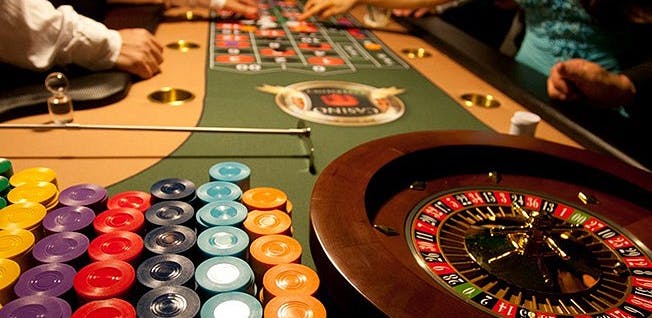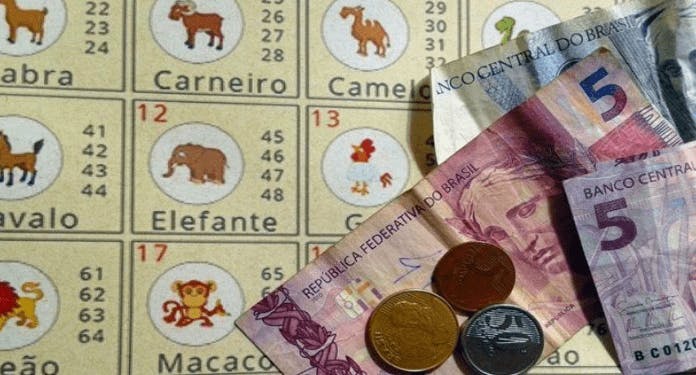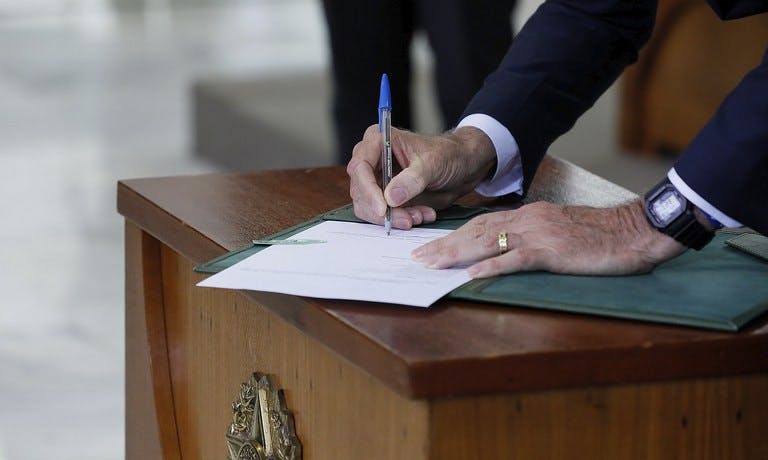Casinos, Bingo, and Jogo do Bicho: Senate to Decide the Future of Gambling in Brazil
A bill introduced in 1991, known as the "Casino Law," proposes the legalization and regulation of gambling in Brazil, promising billions in revenue and job creation.
The Lottery House
tags:
legalization
politic

A Step Toward Regulation
The legalization of gambling has been a recurring topic in Brazil’s legislative discussions. After decades of prohibition and failed attempts at regulation, the Federal Senate is set to vote this Wednesday (4) on a bill that could transform the gambling market in the country. Originally presented in 1991, the proposal, known as the “Casino Law,” addresses activities such as bingo, casinos, horse racing, and the popular jogo do bicho. If approved, the measure promises to boost the economy by increasing tax revenues and creating jobs but faces opposition over moral and social concerns.
What’s at Stake: Activities Covered in the Bill

The proposal includes various forms of gambling, with specific rules for each activity.
Casinos: Luxury and Strict Control
The reintroduction of casinos in Brazil is planned for integrated leisure complexes, such as luxury resorts or ships. The requirements include:
Minimum capital: R$ 100 million;
Operating licenses: 30 years, renewable;
State limits: Based on population and territory.
Casinos are expected to attract high-end tourism and become significant sources of tax revenue.
Bingo: A Modern Return
Bingo halls, banned since the 2000s, could make a comeback under strict guidelines:
Operating locations: Exclusive venues or stadiums with a capacity of over 15,000 people;
Minimum facilities: Rooms of at least 1,500 m² with up to 400 video bingo machines;
Licenses: 25 years, renewable.
Each municipality could have a maximum of one bingo hall, decentralizing the market and ensuring efficient oversight.
Horse Racing: Tradition Modernized
Already partially regulated in Brazil, horse racing would undergo modernization. The bill proposes a centralized betting system and stricter oversight. Companies must obtain accreditation from the Ministry of Agriculture and later authorization for betting operations from the Ministry of Finance.
Jogo do Bicho: Regularizing a Tradition
Jogo do bicho, one of the most popular forms of gambling in Brazil, would be regulated under specific conditions:
Licenses: One per 700,000 inhabitants per state, valid for 25 years;
Financial requirements: Licensing fees and a minimum capital of R$ 10 million.
Though informal and widely practiced, regulation aims to bring transparency and official revenue.
Taxation: The Key to Success
The proposal highlights tax collection as one of the most significant benefits of legalizing gambling in Brazil. The bill includes:
Income tax: A 20% levy on winnings above R$ 10,000;
Quarterly fees: Ranging from R$ 20,000 to R$ 600,000, depending on the type of game;
Cide: A 17% economic contribution.
The Ministry of Finance will oversee licensing and operations, ensuring adherence to transparency and legality standards.
A Long Journey: The History of Gambling in Brazil

Gambling in Brazil has had a tumultuous history. In the 1930s, casinos and jogo do bicho enjoyed their heyday, becoming symbols of entertainment and glamour. However, in 1946, President Eurico Gaspar Dutra banned all forms of gambling, citing moral and public order concerns.
Since then, several attempts at legalization have been made, sparking debate. Supporters argue for job creation, tourism potential, and billions in tax revenue, while critics warn of addiction, money laundering, and social issues.
Potential Impacts: Benefits and Risks
Benefits of Legalization
Tax Revenue: Regulation could bring billions to public coffers, easing the fiscal deficit.
Job Creation: Casinos and bingo halls would require workers across sectors, from tourism to security.
Boosting Tourism: Casino resorts could attract domestic and international tourists, stimulating the economy.
Risks to Consider
Addiction and Dependence: Easier access to gambling may lead to increased cases of compulsive gambling.
Money Laundering: Despite proposed oversight, the risk of illegal activities remains a concern.
Social Impact: Gambling-related debt and financial instability are common issues associated with betting.
The Next Step: Presidential Sanction or Veto

If approved by the Senate, the bill will move to the President of the Republic for sanction or veto. The presidential decision will be crucial in determining the future of gambling in Brazil. However, the Senate vote could still face delays, as has happened previously.
A Landmark for Brazil or Just Another Attempt?

The Senate’s vote on the “Casino Law” marks a historic moment for Brazil. Legalizing and regulating gambling has the potential to transform the economy by creating new sources of revenue and employment. However, the associated risks are real and demand a robust oversight system to mitigate social impacts.
Regardless of the outcome, the debate on gambling reflects the challenge of balancing economic benefits with social concerns. If approved, the law could herald a new era in Brazilian entertainment, positioning the country among a select group of nations that have successfully leveraged the economic potential of gambling through legal and transparent means.